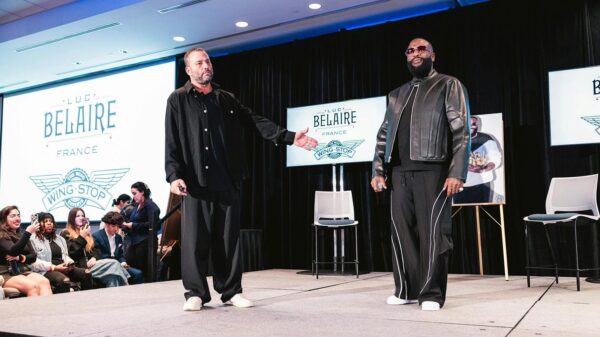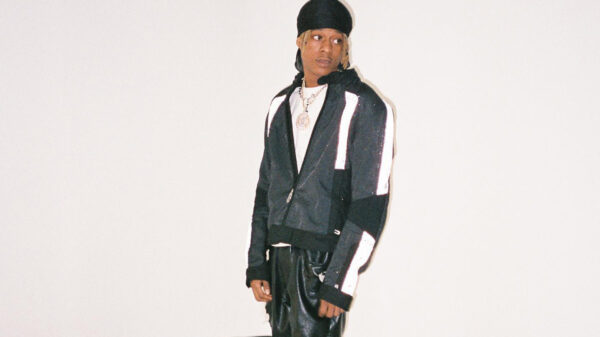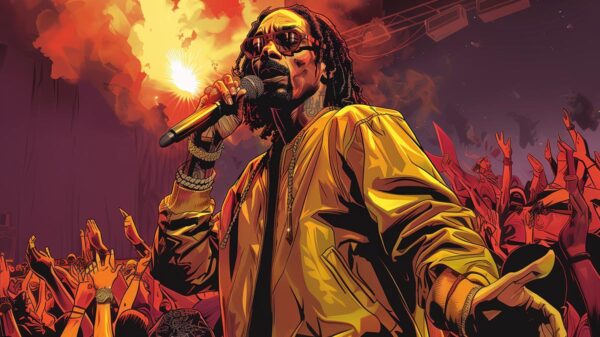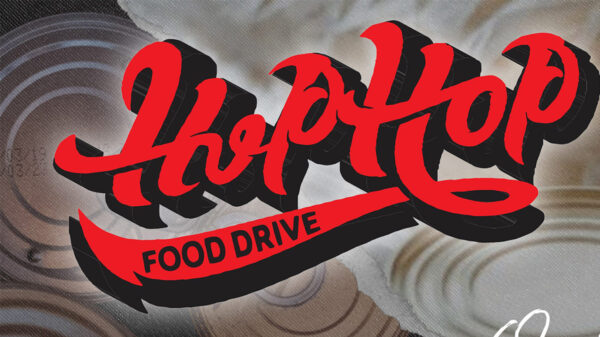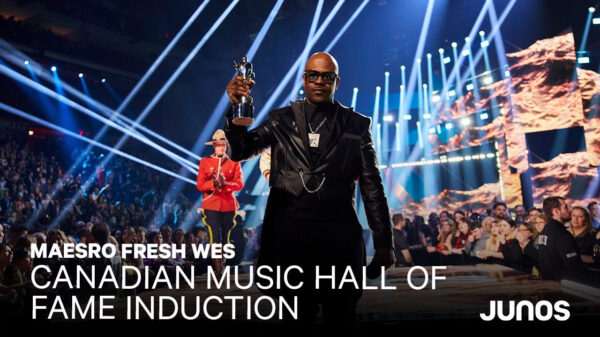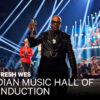In the spring of 2017, the public spectacle over the now infamous Fyre Festival seemingly broke the Internet.
Since then, several movies and dozens of articles have recounted the story of the most hyped up festival in history that never happened.
The main event promoter, fraudster and con artist Billy McFarland, sold thousands of young people around the world on the dream of a luxurious, VIP festival on an exclusive Caribbean island that never existed.
What if I told you that in Canada you too could find yourself at the next Fyre-like Festival? You might unknowingly purchase a ticket, or worse, have your physical safety be put at risk by attending an event.
Festivals and risk management
Live events are social constructs where attendees attach meaning to their experiences. While these events are inherently full of risks, it isn’t the job of the general public to conduct a risk analysis.
People often assume event organizers have their best interests at heart — and most of them do — however just like many businesses, organizers often operate on a tight budget and sometimes cut corners leading to disastrous results.
The last few decades have reminded us just how deadly events can be when proper risk management measures are not in place.
In 2010, the Love Parade music festival in Germany saw 21 people die after being crushed in the crowd with over 500 people sustaining injuries. Organizers were blamed for negligence in failing to understand the need to anticipate and control crowd dynamics.
In 2017, an Islamic extremist suicide bomber killed 23 people and wounded 1,017 at an Ariana Grande concert in Manchester. A public inquiry revealed that the arena management took a complacent and lax approach to implementing recommended security risk management solutions.
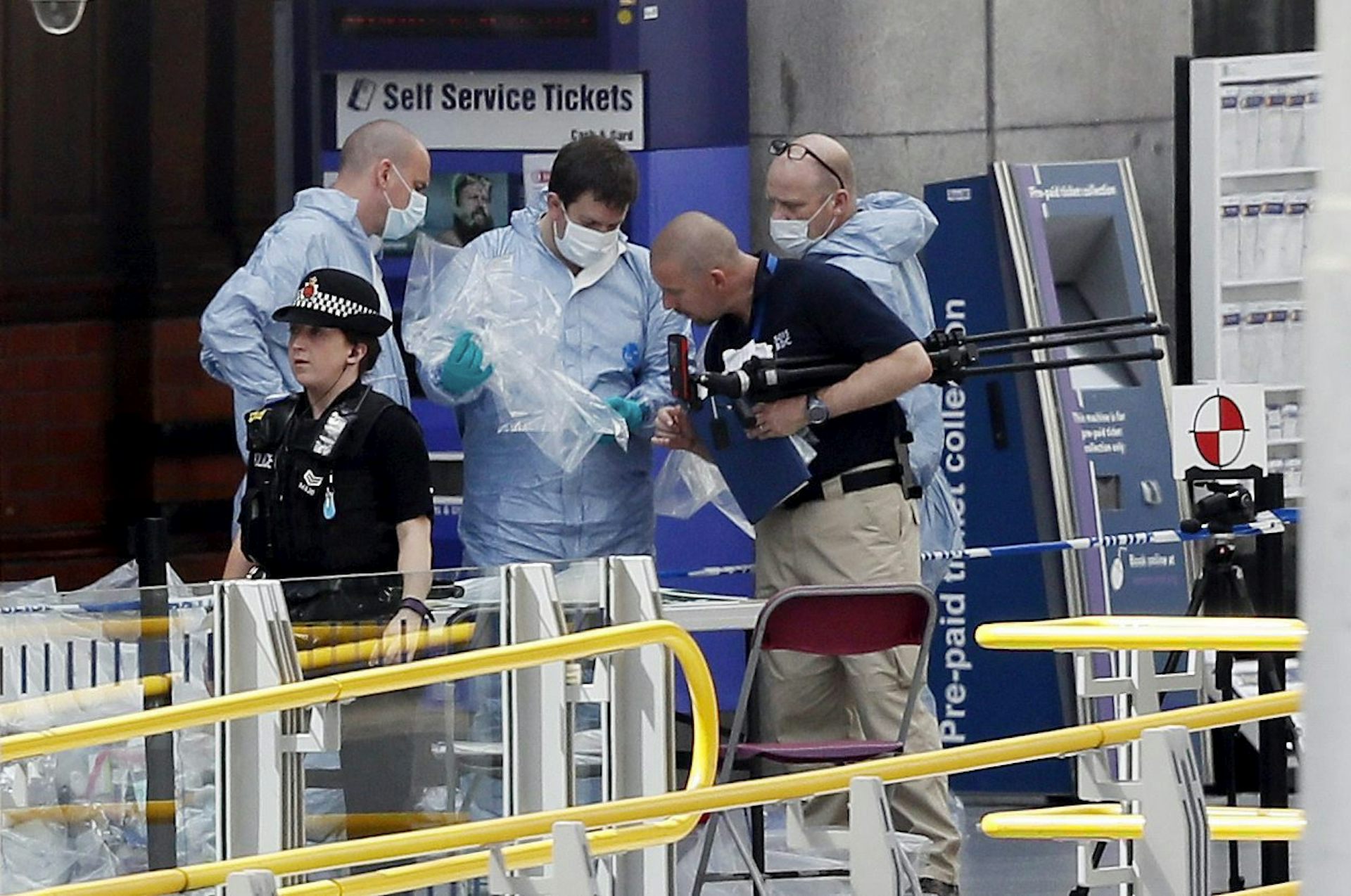
Forensic officers investigate the scene at Manchester Arena the day after a suicide bomber killed 23 people at an Ariana Grande concert. (AP Photo/Kirsty Wigglesworth)
Lastly, in November 2021, 10 people died from crowd crushing injuries with dozens more injured at Astroworld Music Festival. Similar to the Love Parade, organizers failed to account for the dangers of crowd dynamics and created a concert space which made attendees physically vulnerable to being crushed.
Within the last few weeks Canada has seen its own share of mishaps at live events. Montréal’s Pride parade was cancelled last minute over a glaring oversight of simply not hiring any security for the event. In Ontario, both the Kingston Music Festival and Kultureland were marred with disorganization, no-show of scheduled artists and fraudulent representation of a VIP experience.
A crowd stormed the flimsy constructed fence at Kingston Music Festival, while Kultureland event organizers changed the location of the venue two hours before doors opened.
Lack of professionalism and regulation
Let’s address the first problem: lack of professionalism. Unlike doctors, lawyers and engineers who have regulatory bodies that grant certification and can discipline their members for wrongdoings, there is no such equivalent organization for event organizers.
While some organizations exist to serve various categories of events (like International Live Events Association or Meeting Planners International), they are all voluntary and you are not required to be a member to organize a public event.
Sadly convicted criminals like McFarland looking to scam attendees and potential sponsors could organize an event in Canada tomorrow. And nobody is doing background checks as a condition of event approval.
This leads us to the second issue: lack of regulation of events. My doctoral thesis examined the lack of security risk management framework within the Canadian live events industry.
I compared the national security framework between Canada and Australia for hosting public events and, surprisingly, even though Canada has more gun violence, less counter-terrorism capabilities and weaker national security laws than Australia, Australia has stronger regulation for its live event sector than Canada.
For example, large Australian cities required organizers to submit applications on average six months before their event was scheduled. In Canada, the average was less then four months suggesting less due diligence in examining risks.
Australian authorities also tend to stress risk management features within their event application forms (like proactive measures) while the Canadian application stressed emergency management requirements (like reactive measures). New South Wales in Australia has even taken an additional step of requiring special licensing for “high risk” music festivals.
It is unlikely that the unprofessional McFarland’s of the world will stop organizing fraud events nor will Canadian cities increase regulations for the industry anytime soon. Until then, “buyer beware,” do your research and due diligence and avoid being an unwitting attendee at the next Fyre Festival.
Written by Sean Spence, Doctorate Student in Security Risk Management, University of Portsmouth
This article is republished from The Conversation under a Creative Commons license. Read the original article.
![]()
5 Ways to Support HipHopCanada:
- Submit Your Music
- Follow Canadian Fresh (HipHopCanada’s Spotify Playlist)
- Follow us on Instagram
- Follow us on X (Twitter)
- Like us on Facebook





